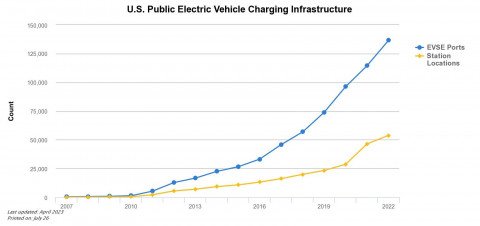Indonesia has filed a dispute over the European Union's import duties on biodiesel, the WTO announced. The island nation argues that the imposition of countervailing duties — allowed so that importing nations can neutralize subsidies by exporting nations — is inconsistent with WTO provisions. Indonesia, the world's largest producer of palm oil, has implemented a 35 percent palm oil blend for biodiesel and is also testing the oil in jet fuel.
US oil company Occidental Petroleum is following Exxon by buying a carbon capture company. "Oxy" is buying Carbon Engineering Ltd for $1.1 billion and aims to build about 100 plants using direct air capture (DAC). Unlike carbon capture, which applies to industrial emissions, DAC pulls CO2 directly from the air before storing it underground or routing it as raw material. The technology is still the early stages of commercialization, but projects are receiving government grants.
Net carbon emissions can fall up to 20 percent if ships use a vegetable oil biofuel blend compared with marine gasoil, a trial by the Global Centre for Maritime Decarbonisation found. The center tested a dual-fuel liquefied petroleum gas (LPG) carrier by using a blend of 30 percent hydrotreated vegetable oil produced from waste and residues. Global shipping company Maersk will test its first green fuel ship this year. It has ordered 25 of them so far. Read more
Hydro Rein, the renewable energy unit of Norsk Hydro, has tied up with Norwegian government fund OVF to develop ground mounted solar parks under a joint venture named Geisli Energi. Hydro Rein will construct and develop seven solar projects of size 20-100 MW and combined capacity 655 MW on select OVF land. Norway is eyeing eight terawatt hours of solar generation by 2030, about five percent of the country's annual generation.

Seven carmakers unite to launch RE-fueled EV charging network in North America
Read More

